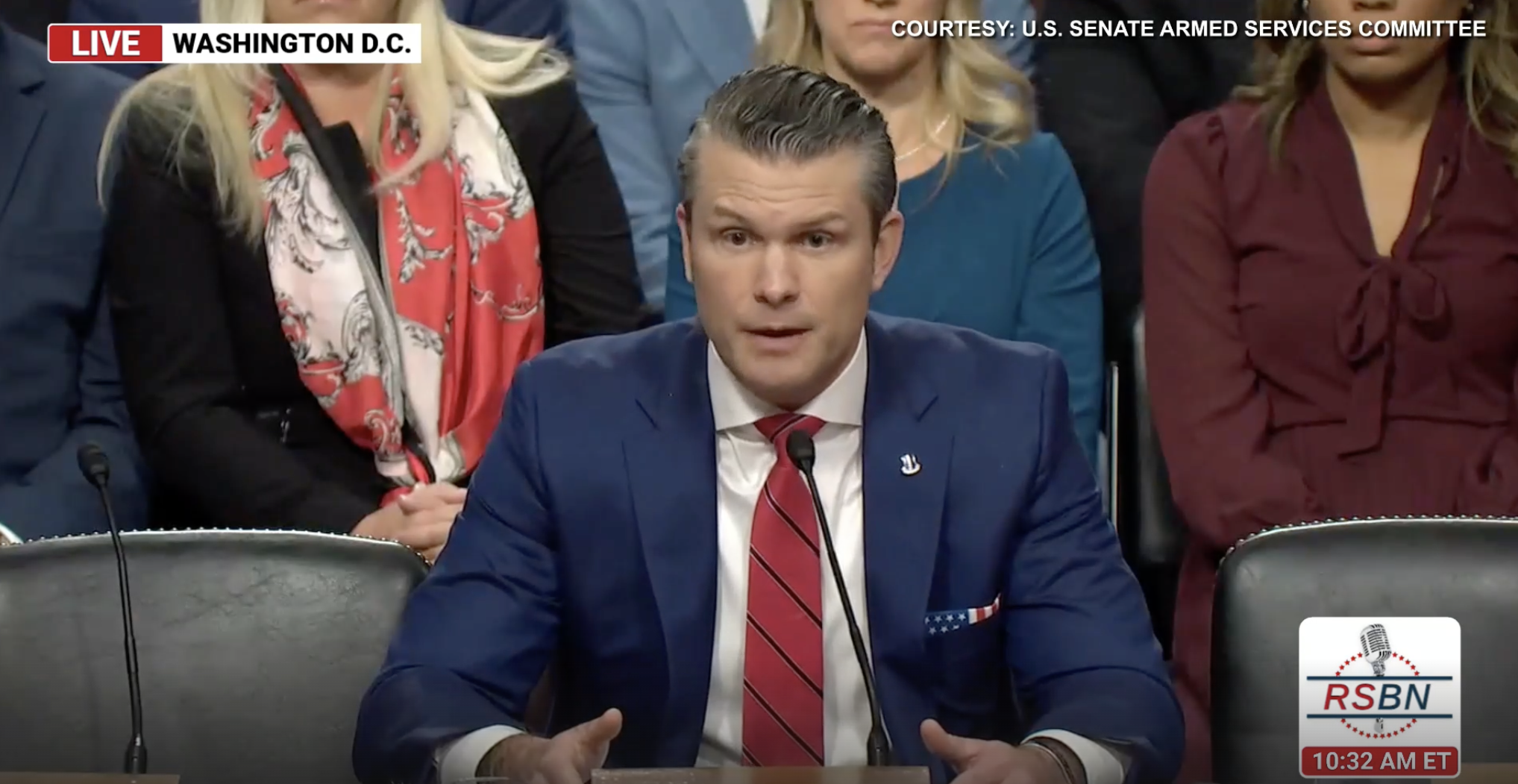Please Follow us on Gab, Minds, Telegram, Rumble, Gab TV, GETTR, Truth Social
The UN Resident Coordinator for Syria, Mostafa Benlamlih, said on Wednesday that U.S.-imposed Caesar Act sanctions against the Syrian government have been impeding humanitarian relief efforts in the country after the massively destructive February 6 earthquake that struck Turkey and Syria.
Among his warnings, Benlamlih cautioned against the "politicization" of humanitarian efforts in the country. Western media outlets and some aid organizations have claimed that the government "prohibits" aid from being sent to countries held by the opposition.
In an interview with the Syrian news agency SANA, Benlamlih said, "The goal of UN organizations is to deliver a message about the suffering of the Syrians as a result of the sanctions imposed on their country... These sanctions have... prevented the arrival of millions of dollars to those affected by the earthquake."
While discussing the need for assistance across the country, Benlamlih noted, "Syria today is suffering from a 'double crisis' as a result of the ongoing war since 2011, as well as the earthquake, which made the situation more difficult... before the earthquake, there were 15 million Syrians in dire need of assistance." Benlamlih added that the number of Syrians in need of assistance has grown exponentially since the earthquake.
‘NO AD’ subscription for CDM! Sign up here and support real investigative journalism and help save the republic!‘
A day after Benlamlih issued his warning, UN Special Envoy for Syria, Geir Pederson, also issued a warning against politicizing earthquake aid. "Emergency response must not be politicized... We need to do everything to make sure that there are no impediments whatsoever to the life-saving support that is needed in Syria," Pedersen commented on Thursday.
On Wednesday U.S. Secretary of State, Antony Blinken claimed that the U.S. was the "leading provider of aid to Syria and the Syrian people," despite also commenting that Washington refused to coordinate with the Syrian government, whose territory is inhabited by roughly 70 percent of the Syrian population. The UN warned that "very little" relief was reaching government-held territory on the same day that Blinken issued his statement.
Meanwhile, also on Wednesday during an interview with Saudi television, the regional spokesman for the U.S. State Department, Samuel Werberg, claimed that the U.S. sanctions in Syria do not restrict or limit humanitarian aid deliveries in any way. However, Syria's permanent envoy to the UN announced on the same day that international cargo planes carrying aid "refuse" to land at Syrian airports for fear of being sanctioned.
In addition to Werberg's remarks was a statement issued by Washington's permanent envoy to the Organization for the Prohibition of Chemical Weapons (OPCW), Joseph Manso, who said that Washington would continue to stand against normalizing relations with the Damascus government.
"Our policy is clear. The American administration... will not normalize relations with Bashar al-Assad's regime, and we do not support other countries' move [to do so] unless there is real movement towards a political solution under UN Security Council Resolution 2254," he said.
Manso's statement comes after the OPCW released its third report on the alleged chemical attack in Douma in 2018, which was disseminated as the U.S. has been trying in any way possible to prevent a potential reconciliation of ties between Turkey and Syria. Repairing relations between the two countries had been in progress with Russia's support prior to the massive earthquake that devastated both countries.
























